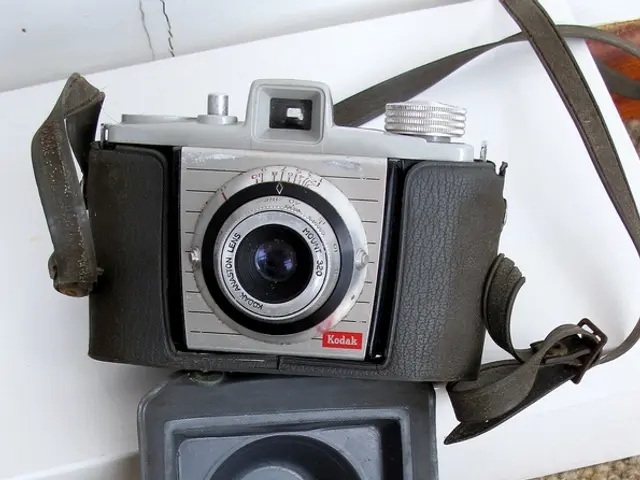DJI's December Ban Looms: Shell Companies Evade U.S. Rules
The deadline for banning DJI drones in the U.S. is looming in December 2024. As the date approaches, concerns rise about DJI's use of shell companies to evade export controls and FCC rules. These companies, including Fikaxo and Cogito Tech, pose risks to consumers and raise questions about their legitimacy.
DJI, the world's leading drone manufacturer, is using shell companies to continue selling its products in the U.S. These companies, such as WaveGo Tech and SZ Knowact, often have limited product lines and complex supply chains mirroring DJI's footprint. Fikaxo, for instance, employs sophisticated tactics like rebranding and routing operations through subsidiaries to hide its connections to DJI.
Anzu Robotics, however, differentiates itself by selling a drone based on the DJI Mavic 3 Enterprise through a licensing agreement. It develops independent software and partners with U.S.-based companies. Yet, some U.S. lawmakers remain skeptical about Anzu's approach, questioning its business arrangement with DJI. Meanwhile, other companies like Spatial Hover and previously Fikaxo Drone have registered as shell companies to circumvent the ban.
As the deadline for banning DJI drones in the U.S. nears, consumers should be aware of the risks associated with buying from shell companies. While Anzu Robotics offers an alternative, its legitimacy is still debated. The use of shell companies by DJI and others raises concerns about consumer protection and the enforcement of export controls.
Read also:
- Web3 gaming platform, Pixelverse, debuts on Base and Farcaster networks
- Amazon customer duped over Nvidia RTX 5070 Ti purchase: shipped item replaced with suspicious white powder; PC hardware fan deceived, discovers salt instead of GPU core days after receiving defective RTX 5090.
- Infiltration of Estonian airspace by Russian military aircraft
- Cyber aggression intensifies by China-backed TA415 group, targeting Taiwan's semiconductor production and supply networks







